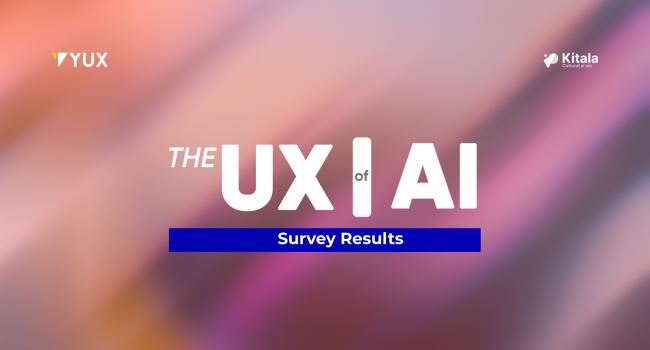On July 18th 2024, we hosted an insightful webinar as part of the State of UX Report Mental Health Series, focusing on how stress and burnout affect UX professionals across Africa. With a panel of expert speakers from various disciplines, the session explored mental health challenges in the UX profession, strategies to prioritize participant well-being, and methods for coping with research-related trauma.
Access the full video to the session here; and slides presented here
Moderated by Anne Njoroge, Lead Designer at Ardasha Designs, the session began with an introduction to the speakers and an outline of the topics to be discussed.
The panel featured;
- Sasha Oseadeyo Ofori, Design Researcher at YUX Design (Ghana),
- Katherine Train (South Africa) and Lidewij Niezink (France), Co-founders of Empathetic Intervision
- Amanda Iheme, Clinical Psychologist at Ndidi (Nigeria).
The moderator encouraged participants to ask questions and share experiences in the chat, fostering an interactive atmosphere. Attendees were also welcomed to engage in both English and French, reflecting the diverse nature of the audience.
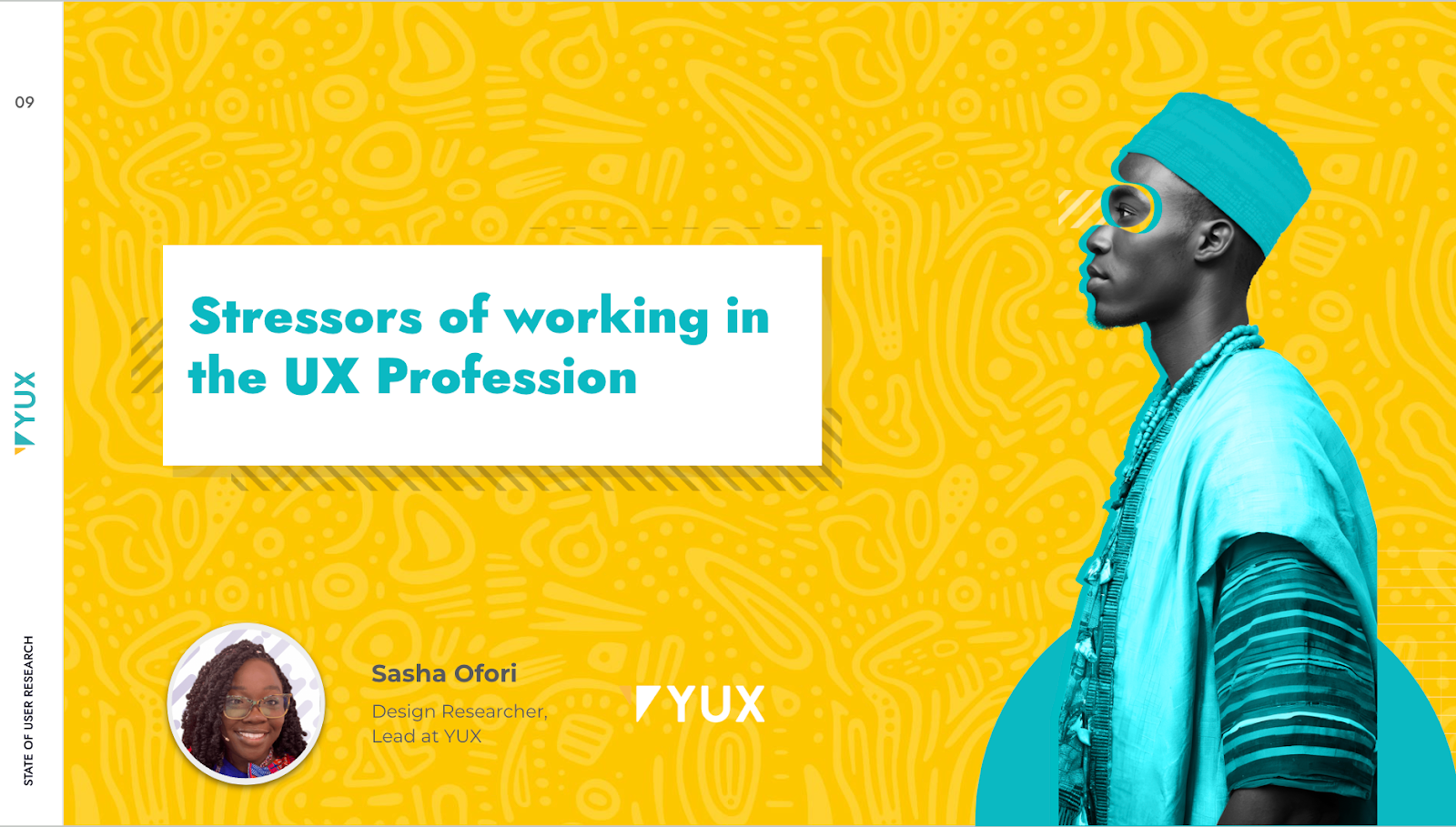
Part 1: Stressors of Working in the UX Profession
Speaker: Sasha Ofori, UX Researcher, YUX Design
The first session kicked off with Sasha Ofori exploring the stressors specific to the UX research profession. She highlighted the inevitability of stress in any industry but delved into how it manifests uniquely for UX professionals. Key takeaways included:
- Definition and Effects of Stress: Sasha discussed how stress is the body’s way of signaling that something is wrong, whether real or imagined. The impacts on the body, mind, emotions, and behavior were examined in detail, including symptoms like anxiety, irritability, memory problems, and muscle tension.
- Burnout in UX Profession: The session also addressed burnout, a state of physical and mental exhaustion caused by prolonged, unresolved stress. According to survey results gathered during the State of UX (3rd edition) presented by Sasha, 60.4% of UX professionals had experienced burnout within the past year, with mid-level researchers particularly affected.
- Impact on Work: Burnout doesn’t just affect well-being; it also diminishes the quality of work, decreases creativity, and reduces motivation. These negative effects undermine the ability of UX professionals to advocate for users and businesses effectively.
Interactive Activity 1: Participants were invited to reflect on how they create a safe environment for research participants to open up. Responses emphasized the importance of trust, empathy, and non-judgmental communication in research.
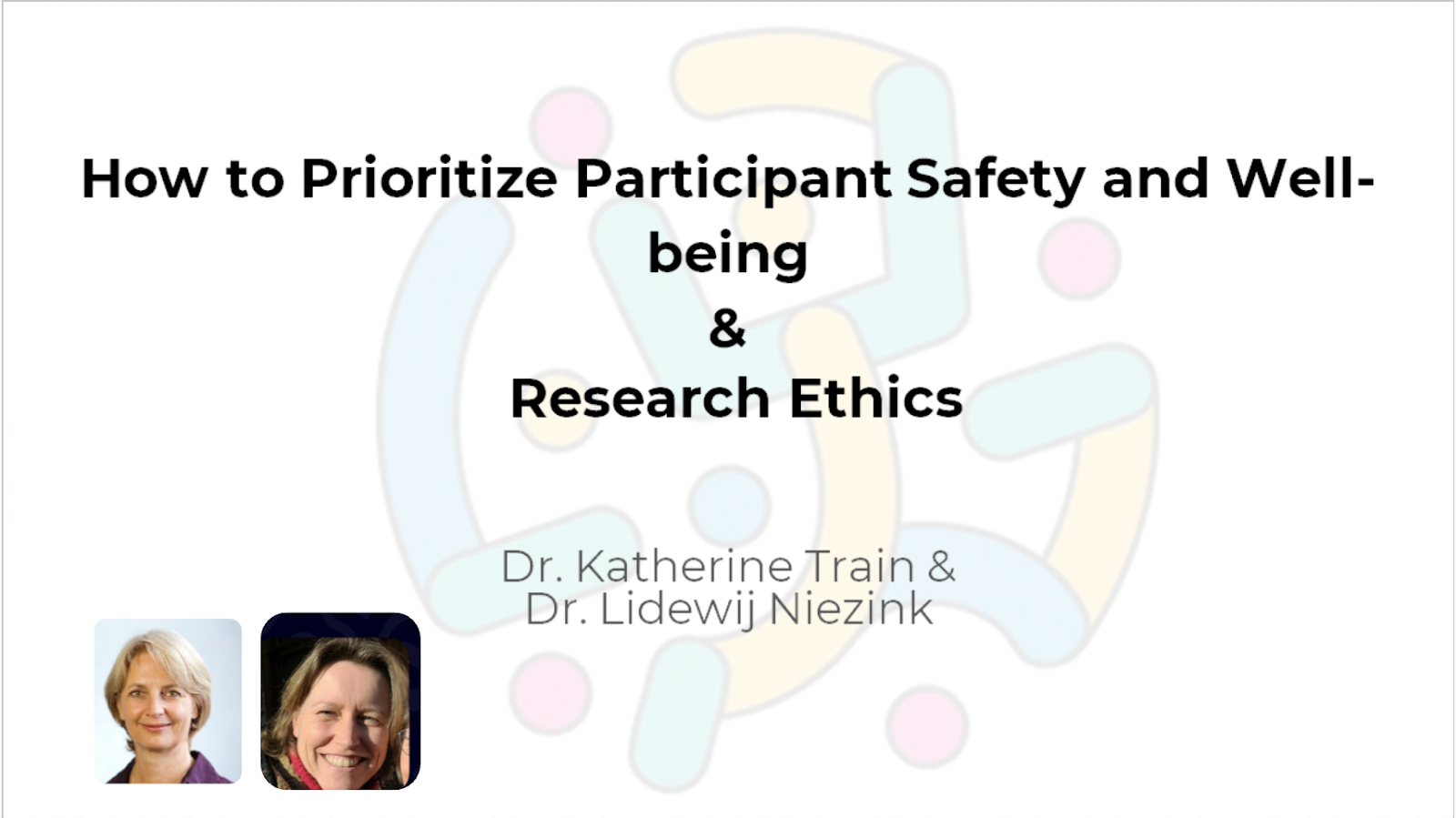
Part 2: Prioritizing Participant Well-being and Research Ethics
Speakers: Katherine Train and Lidewij Niezink, Co-founders of Empathetic Intervision
The second session, led by Katherine and Lidewij, focused on maintaining ethical standards and participant well-being during research. Key points included:
- Creating a Safe Environment by releasing the types of empathy: Katherine and Lidewij shared five types of empathy that researchers can leverage for better collaboration and actionable insights. They briefly introduced:
- Self-Empathy: Setting intentions through self-awareness and personal reflection.
- Kinesthetic Empathy: Building connections by recognizing and responding to non-verbal cues.
- Reflective Empathy: Fostering mutual understanding by actively listening and engaging with participants.
- Imaginative Empathy: Broadening perspectives by envisioning others’ experiences.
- Empathic Creativity: Turning empathetic insights into innovative, actionable research outcomes.
- Informed Consent: Ensuring that participants fully understand the research process and any potential risks through clear, thorough informed consent processes was highlighted as a key ethical responsibility.
- Confidentiality and Data Security: Protecting participant privacy is essential for both ethical and legal reasons, and researchers were urged to maintain strict confidentiality and data security practices.
- Recognizing Participant Distress: Katherine and Lidewij also discussed how to recognize signs of participant distress and how to recontract the research environment or refer participants for additional support if needed.
Interactive Activity 2: Attendees shared their personal coping strategies for dealing with research-related stress, including exercise, mindfulness, and seeking peer support.
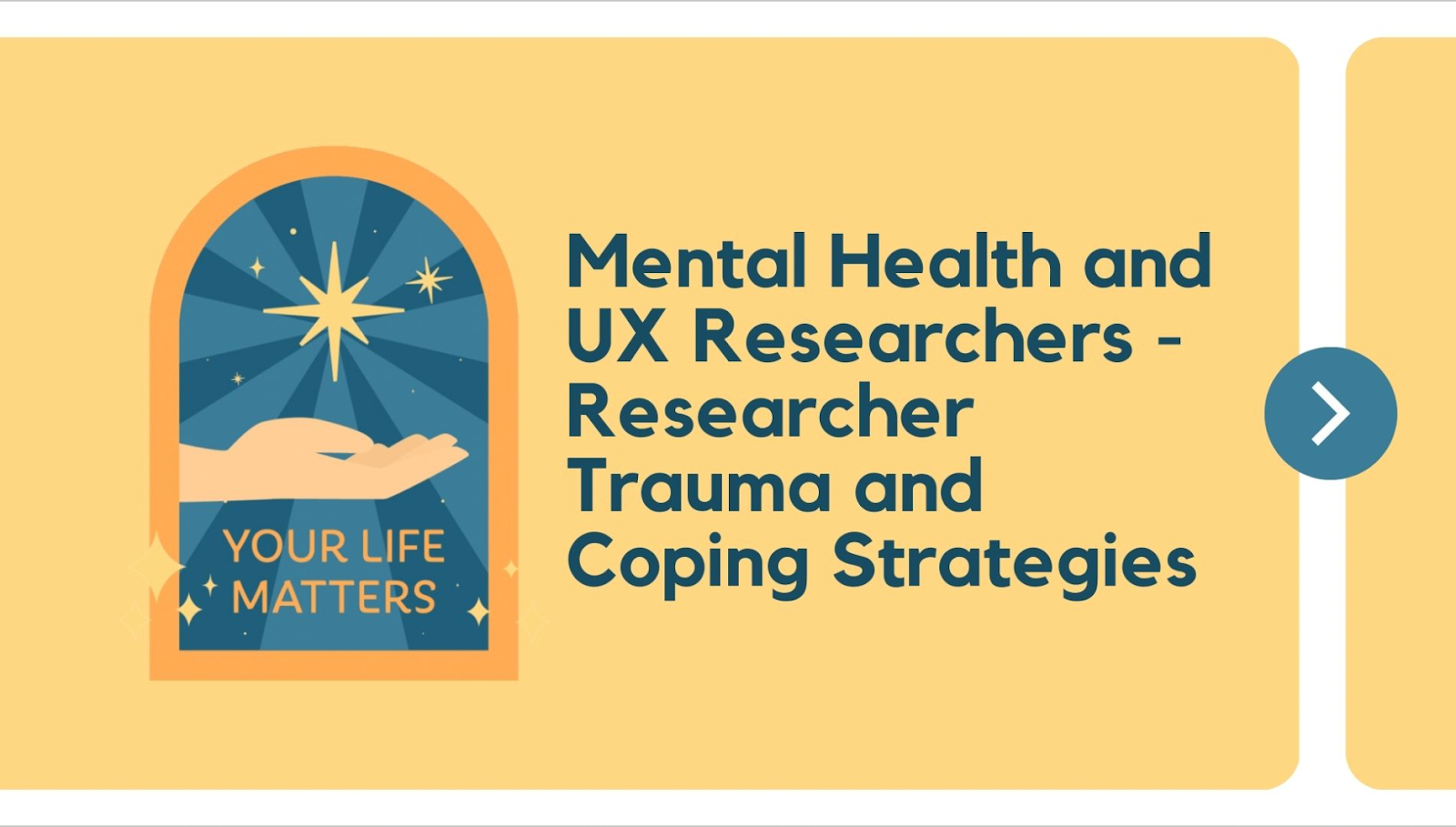
Part 3: Coping with Research Trauma
Speaker: Amanda Iheme, Clinical Psychologist, Ndidi
In the final part of the webinar, led by Amanda Iheme explored the profound impact that research trauma can have on UX professionals. The emotional toll of working with sensitive topics and hearing distressing stories was described as a form of "vicarious trauma." This can manifest in both emotional and physical symptoms, from anxiety and exhaustion to headaches and disrupted sleep patterns.. Amanda’s key insights included:
- Self-Care Strategies: The session highlighted the importance of self-care as the first line of defense—setting boundaries, taking regular breaks, and acknowledging emotional fatigue. Equally important is the role of peer support—creating a network of colleagues or mentors who can offer guidance and understanding when the burden becomes overwhelming.
- Seeking Professional Help: For more severe cases researchers were encouraged to seek professional mental health support when experiencing overwhelming stress or trauma. Amanda shared resources for connecting with mental health professionals familiar with research challenges.
- Institutional Support: Lastly, Amanda emphasized the role of institutions in providing resources like mental health programs, reminding attendees that well-supported researchers can better advocate for their users and deliver high-quality insights.
Final Thoughts
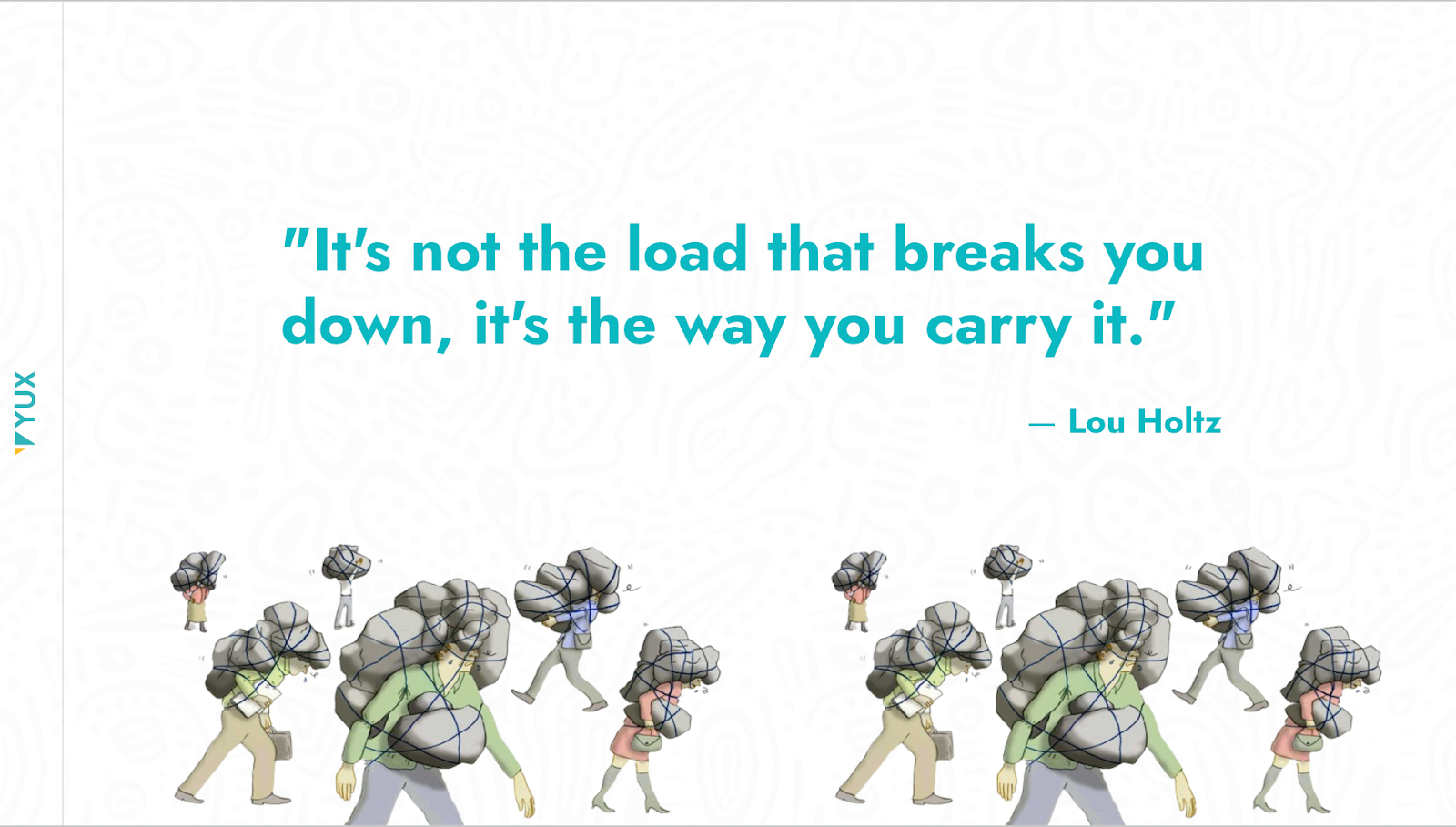
The webinar wrapped up with a reminder that mental health in UX research is just as important as the insights being gathered. Participants were encouraged to prioritize their own well-being, seek support when needed, and always uphold ethical standards in their work.
The session demonstrated the critical need for mental health awareness in UX research, especially in the fast-paced and often demanding African UX landscape.
We look forward to continuing the conversation on researcher well-being and creating spaces for mental health discussions in future webinars.


